
Kod: 01975621
How to Think about Meaning
Autor Paul Saka
According to the dominant theory of meaning, truth-conditional semantics, to explain the meaning of a statement is to specify the conditions necessary and sufficient for its truth. Classical truth-conditional semantics is coming u ... więcej
- Język:
 Angielski
Angielski - Oprawa: Miękka
- Liczba stron: 285
Wydawca: Springer, 2010
- Więcej informacji o książce

177.16 €

Dostępna u dostawcy w małych ilościach
Wysyłamy za 10 - 14 dni
Potrzebujesz więcej egzemplarzy?Jeżeli jesteś zainteresowany zakupem większej ilości egzemplarzy, skontaktuj się z nami, aby sprawdzić ich dostępność.
Dodaj do schowka
Zobacz książki o podobnej tematyce
-

Energy Conserve in Industry - Combustion, Heat Recovery and Rankine Cycle Machines
177.16 € -
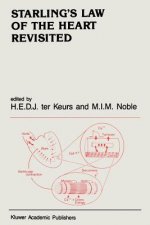
Starling's Law of The Heart Revisited
58.44 € -

Traction
18.17 € -15 % -

Warriors: The Broken Code #2: The Silent Thaw
7.32 € -27 % -

English-Spanish First Little Readers: Guided Reading Level B (Parent Pack): 25 Bilingual Books That Are Just the Right Level for Beginning Readers
17.57 € -29 % -

150 Best Tiny Space Ideas
20.98 € -25 % -

Scholarship Search Tools First Edition
10.94 € -2 % -

Botanical Drawing
13.35 € -27 % -

Some Kind of Happiness
8.33 € -19 % -

Grids & Guides (Gray) Notebook
15.56 € -10 % -

ISA Does It
27.61 € -15 % -

Listeners' Guide to Medieval English
175.25 € -

Institutions of Economic Growth
56.33 € -
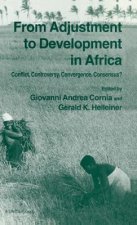
From Adjustment To Development In Africa
58.44 € -
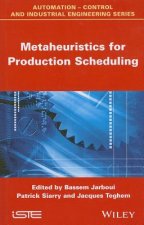
Metaheuristics for Production Scheduling
223.96 € -3 % -

Vincent
15.66 € -25 % -

Expanding Role of Folates and Fluoropyrimidines in Cancer Chemotherapy
58.44 € -

Anesthesia Equipment Simplified
105.05 € -

Potega terazniejszosci
8.23 € -15 % -

Fokus Deutsch C1 - Erfolgreich in Alltag und Beruf - Allgemeine Ausgabe
18.87 € -

Total vernetzt
63.57 €
Podaruj tę książkę jeszcze dziś
- Zamów książkę i wybierz "Wyślij jako prezent".
- Natychmiast wyślemy Ci bon podarunkowy, który możesz przekazać adresatowi prezentu.
- Książka zostanie wysłana do adresata, a Ty o nic nie musisz się martwić.
Więcej informacji o How to Think about Meaning
Za ten zakup dostaniesz 446 punkty
 Opis
Opis
According to the dominant theory of meaning, truth-conditional semantics, to explain the meaning of a statement is to specify the conditions necessary and sufficient for its truth. Classical truth-conditional semantics is coming under increasing attack, however, from contextualists and inferentialists, who agree that meaning is located in the mind.§How to Think about Meaning develops an even more radical mentalist semantics, which it does by shifting the object of semantic inquiry. Whereas for classical semantics the object of analysis is an abstract sentence or utterance such as "Grass is green," for attitudinal semantics the object of inquiry is a propositional attitude such as "Speaker so-and-so thinks grass is green." Explicit relativization to some speaker S allows for semantic theory then to make contact with psychology, sociology, historical linguistics, and other empirical disciplines.The attitudinal approach is motivated both by theoretical considerations and by its practical success in dealing with recalcitrant phenomena in the theory of meaning. These include: presuppositions as found in hate speech, and more generally the connotative force of evaluative language; the problem of how to represent ambiguity; quotation and the use-mention distinction; and the liar paradox, which appears to contradict truth-based semantics.§"Technically exact, highly readable, and illustrated with valuable examples, ...here is a book to counterbalance decades of misdirected anti-psychologistic semantic dogma." Prof. Dale Jacquette, Pennsylvania State University, U.S.A.According to truth-conditional semantics, to explain the meaning of a statement is to specify the conditions necessary and sufficient for its truth. This book develops a more radical mentalist semantics by shifting the object of semantic inquiry. Classical semantics analyzes an abstract sentence or utterance such as "Grass is green"; in attitudinal semantics the object of inquiry is a propositional attitude such as "Speaker so-and-so thinks grass is green".According to the dominant theory of meaning, truth-conditional semantics, to explain the meaning of a statement is to specify the conditions necessary and sufficient for its truth. Classical truth-conditional semantics is coming under increasing attack, however, from contextualists and inferentialists, who agree that meaning is located in the mind.§How to Think about Meaning develops an even more radical mentalist semantics, which it does by shifting the object of semantic inquiry. Whereas for classical semantics the object of analysis is an abstract sentence or utterance such as Grass is green , for attitudinal semantics the object of inquiry is a propositional attitude such as Speaker so-and-so thinks grass is green . Explicit relativization to some speaker S allows for semantic theory then to make contact with psychology, sociology, historical linguistics, and other empirical disciplines.§The attitudinal approach is motivated both by theoretical considerations and by its practical success in dealing with recalcitrant phenomena in the theory of meaning. These include: presuppositions as found in hate speech, and more generally the connotative force of evaluative language; the problem of how to represent ambiguity; quotation and the use-mention distinction; and the liar paradox, which appears to contradict truth-based semantics.
 Szczegóły książki
Szczegóły książki
Kategoria Książki po angielsku Language linguistics Semantics, discourse analysis, etc
177.16 €
- Pełny tytuł: How to Think about Meaning
- Autor: Paul Saka
- Język:
 Angielski
Angielski - Oprawa: Miękka
- Liczba stron: 285
- EAN: 9789048174607
- ISBN: 9048174600
- ID: 01975621
- Wydawca: Springer
- Waga: 462 g
- Wymiary: 235 × 155 × 17 mm
- Data wydania: 22. November 2010
Ulubione w innej kategorii
-
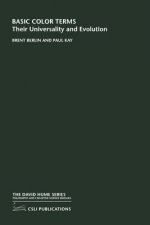
Basic Color Terms
35.04 € -

How to Read a Poem
16.16 € -18 % -

Political Metaphor Analysis
55.63 € -
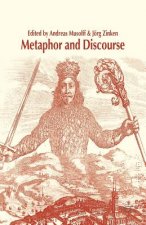
Metaphor and Discourse
58.44 € -
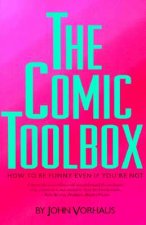
Comic Toolbox
13.65 € -14 % -
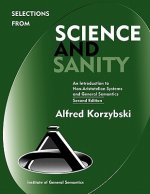
Selections from Science and Sanity
14.25 € -16 % -

Lover's Discourse
10.23 € -28 % -
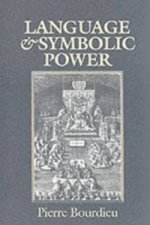
Language and Symbolic Power
26.10 € -5 % -

Winning Arguments
12.64 € -26 % -

Language
12.14 € -

Winning Arguments
15.56 € -26 % -
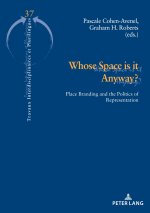
Whose Space is it Anyway?
57.94 € -

Mythologies
10.23 € -28 % -

Lew Hunter's Screenwriting 434
20.38 € -17 % -

Introducing Semiotics
9.23 € -28 % -

After Babel
24.80 € -
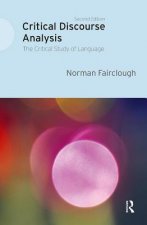
Critical Discourse Analysis
50.81 € -3 % -
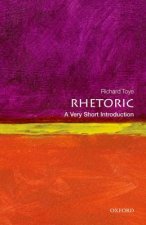
Rhetoric: A Very Short Introduction
9.23 € -28 % -
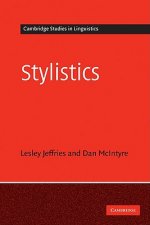
Stylistics
44.58 € -

Three Steps on the Ladder of Writing
25.60 € -17 % -
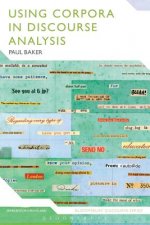
Using Corpora in Discourse Analysis
70.70 € -

Language and Power
63.37 € -5 % -

Six Walks in the Fictional Woods
28.71 € -11 % -
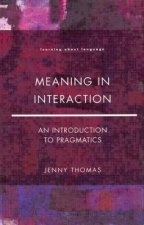
Meaning in Interaction
65.68 € -

Word and Object (Studies in Communication)
19.17 € -
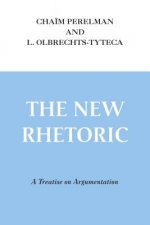
New Rhetoric, The
42.17 € -
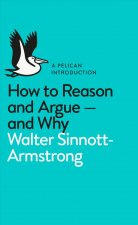
Think Again
11.24 € -28 % -
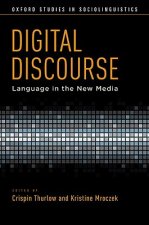
Digital Discourse
67.68 € -
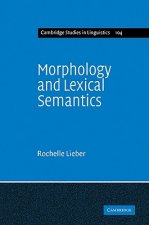
Morphology and Lexical Semantics
41.47 € -2 % -
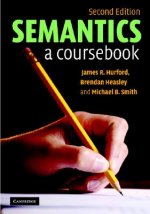
Semantics
43.38 € -
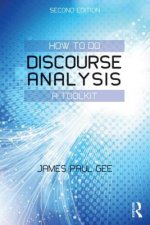
How to do Discourse Analysis
52.92 € -5 % -

Emotion Talk Across Corpora
115.19 € -

Functional Discourse Grammar for English
56.64 € -

Idioms and Collocations
254.40 € -
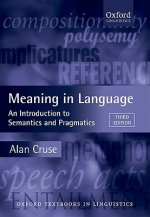
Meaning in Language
56.23 € -

Discourse Theory and Political Analysis
25.30 € -9 % -
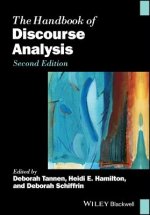
Handbook of Discourse Analysis 2e
69.09 € -2 % -
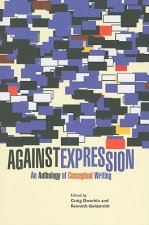
Against Expression
43.58 € -4 % -

Language in Thought and Action
14.85 € -26 % -
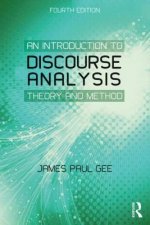
Introduction to Discourse Analysis
59.45 € -5 % -
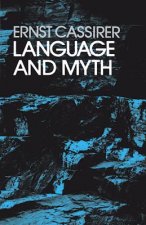
Language and Myth
7.62 € -24 % -
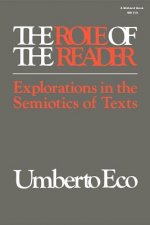
Role of the Reader
28.11 € -
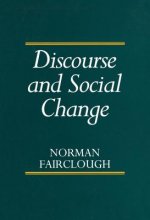
Discourse and Social Change
24.60 € -7 % -
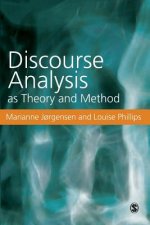
Discourse Analysis as Theory and Method
99.82 € -
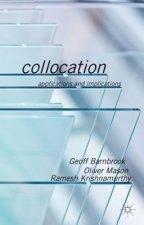
Collocation
58.44 € -

How to Analyse Texts
51.61 € -

How to Do Critical Discourse Analysis
76.22 € -

Immediate Fiction
18.17 € -23 % -
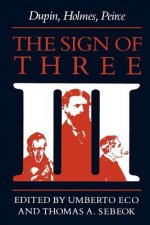
Sign of Three
28.11 €
Osobní odběr Bratislava a 2642 dalších
Copyright ©2008-24 najlacnejsie-knihy.sk Wszelkie prawa zastrzeżonePrywatnieCookies


 Vrácení do měsíce
Vrácení do měsíce Zdarma od 49.99 €
Zdarma od 49.99 € 02/210 210 99 (8-15.30h)
02/210 210 99 (8-15.30h)